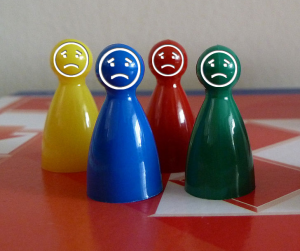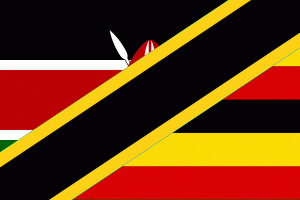 How would you finish this sentence?
How would you finish this sentence?
Students love classroom games because _______.
I’ll make a bold claim: It isn’t because they’re fun.
“Fun” is about lighthearted amusement. Frivolity. Laughter and playfulness.
Some classroom games might have these aspects. In fact, I hope you are enjoying some laughter and playfulness during your classroom games. But I don’t believe this is why students love classroom games.
It’s not because they’re fun, if “fun” is strictly amusement. Instead, students love classroom games because of these three key aspects:
- Achievement. There are goals and those goals are attainable and satisfying to achieve.
- Wonder. The game has multiple pathways to achieving the goals.
- Growth. By playing the game you grow — in understanding of the content, how to work with other people, in some metric, or in a way that’s a side effect of the original goal.
Tag, You’re It
Consider the game of Tag. A global phenomenon, the game of Tag can be found in almost every culture and time period. Avoiding being “It” might be the goal, but to do so you can employ speed, cunning, or some strategy borne of experience. It involves social organization, conflict resolution, cardiorespiratory fitness, hand-eye coordination, spatial recognition, and a host of other areas of positive growth.
But though kids will say they play Tag because it’s “fun”, I believe it’s because they are engaging with their peers, being competitive, and — in a nutshell — doing what their bodies and minds were designed to do. There isn’t any frivolity here; Tag is serious business! There might be laughter, but there is just as much drama and pathos and fear and triumph.
Is Your Classroom Game Fun?
If the primary goal of your classroom game is to have fun, then I think you’re off track. Instead, ask yourself if the game you’re playing gives everyone a chance to achieve something and to figure out their own ways to get there.
Does your game show them how they’ve grown in their ability to play better over time? Try recording times elapsed, or points scored, or any other metric. A good game automatically gives them feedback, like a basketball hoop gives you feedback on whether you scored or not. Find ways to build community through competition.
And when you hear the words, “This is fun!” make sure you immediately respond with, “Why?” Then you’ll get to hear the real reasons why your students love playing classroom games.
